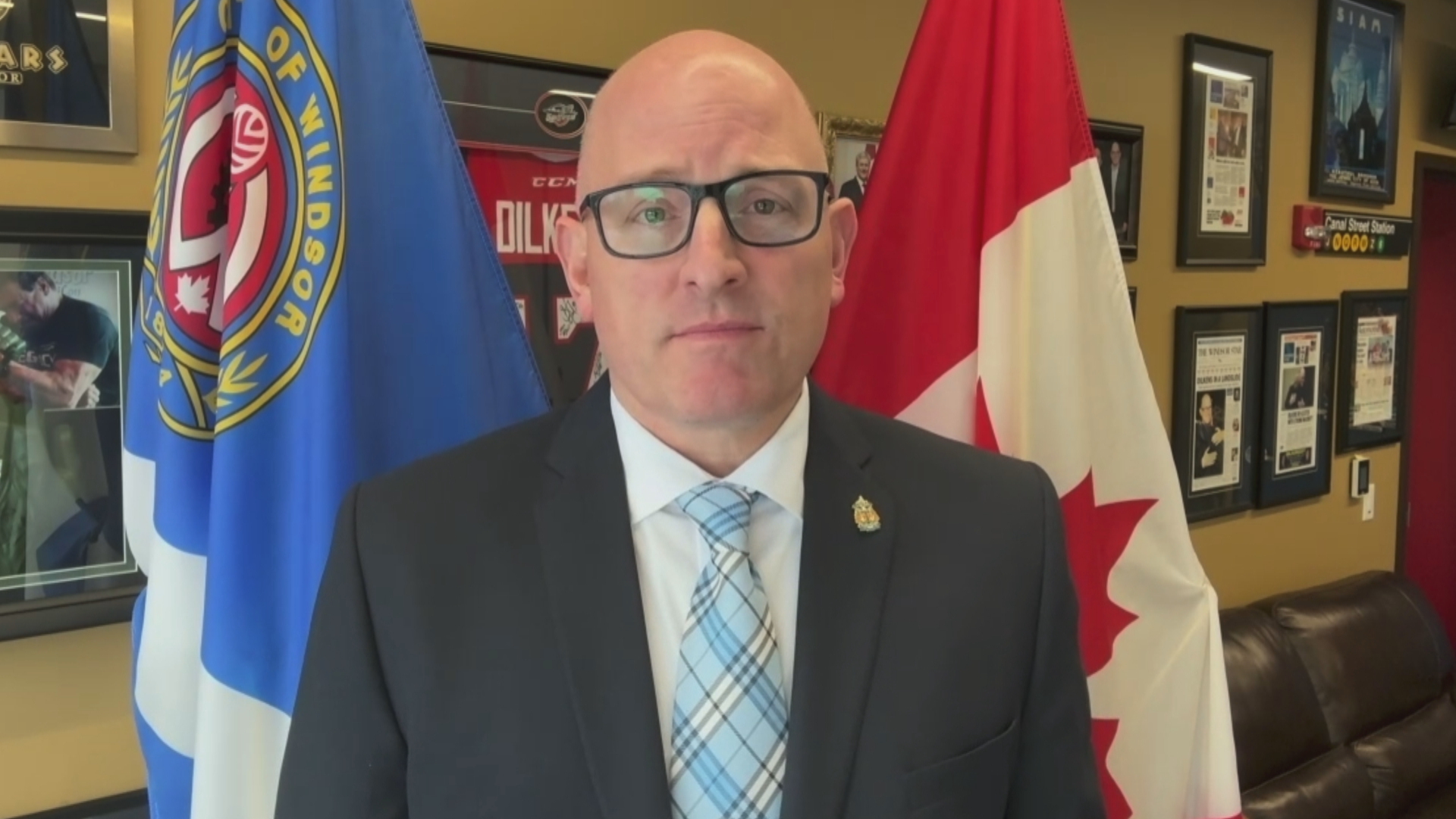Every developer has opted to pay Montreal instead of building affordable housing, under new bylaw
Two years after Valérie Plante’s administration said a new housing bylaw would lead to the construction of 600 new social housing units per year, the city hasn’t seen a single one.
The Bylaw for a Diverse Metropolis forces developers to include social, family and, in some places, affordable housing units to any new projects larger than 4,843 square feet.
If they don’t, they must pay a fine or hand over land, buildings or individual units for the city to turn into affordable or social housing.
According to data released by Ensemble Montréal, the city’s official opposition, and reviewed by CBC News, there have been 150 new projects by private developers, creating a total of 7,100 housing units, since the bylaw came into effect in April 2021.
None of the units have yet been made into affordable housing, with all the developers of those projects opting instead to give Montreal financial compensation. Only 550 units are big enough to be considered family housing. Five developers ceded a piece of property to the city instead of creating affordable housing.
The money from the fees paid by developers goes into either the city’s affordable housing fund or its social housing fund. Those fees have so far amounted to a total of $24.5 million — not enough to develop a single social housing project, according to housing experts.
“These numbers are catastrophic,” said Julien Hénault-Ratelle, city councillor for Mercier–Hochelaga-Maisonneuve with Ensemble Montréal.
“The housing affordability crisis in Montreal is getting worse month by month. We’re seeing families all over Montreal who can’t afford housing. It’s going to take concrete actions, and fast.”
The city of Montreal had promised in 2021 to release the two-year results of the bylaw by early 2023, but hasn’t done so. Ensemble Montréal says it compiled the data itself, using the city’s open data. It is calling for Plante’s administration to disclose what it plans to do with the five new plots and $24.5 million.
Benoit Dorais, vice-chair of Montreal’s executive committee and the member responsible for housing, said the two-year review would be ready this fall, despite being promised this spring.
The city stresses the bylaw isn’t its only tool to make housing more affordable. It has also been acquiring land and buildings for housing projects, simplifying approval for real estate projects, and working with other partners, it said in a statement.
“The bylaw is a non-negotiable social contract we have with the population. It’s a commitment to build our city and our neighbourhoods differently, where everyone has a place, regardless of their wallet,” said Dorais.
Whose city?
Montreal housing groups say they are not surprised by the lack of co-operation from developers.
“If we wanted real policy that will fight gentrification…. we would have had a stricter rule from the get-go to force developers to cede property or include social housing,” said Véronique Laflamme, a spokesperson for the housing advocacy organization the Front d’action populaire en réaménagement urbain (FRAPRU).
“If the option of financial compensation is there, developers will take it.”
Developer Nicola Padulo agrees, and doesn’t mince words when asked about developers’ social responsibility.
He says Montreal isn’t a good city for investing in property: construction costs are high, there’s too much regulation, and developers like him seek as much profit as possible.
Padulo is already frustrated with tenant rights’ protection in Quebec under the province’s housing tribunal, which he says is biased “against landlords.” Now, he says, the city wants to “put its nose” in his business.
“If people can’t afford it, they should not live in the city. The city is made for the privileged,” he said.
Montreal should pay developers the profit they would lose by making housing more affordable or do it themselves, said Padulo, “because if it’s just us who have to swallow the pill, it will not work out.”
“The city would have to buy land, hire contractors and do it themselves and take on the responsibility to manage the building. Why would it be up to me?”
FRAPRU’s Laflamme says the real problem is social housing programs are under-financed by the provincial government and that slows construction.
AccèsLogis, the province’s social housing fund, has only enough money to complete projects already in the works, and the Quebec government said last winter that it will be replaced with a program more attractive to private developers.
WATCH | What’s behind Montreal’s housing crisis?
What’s contributing to the city’s rental housing squeeze? It’s a bit more complex than just building more, faster
There are still about 24,000 families on waiting lists for social housing in Montreal and over 100 tenants were without housing July 1, said Laflamme.
Though the city can’t solve the problem on its own — it needs support from higher levels of government and the private sector — rules like the diverse metropolis bylaw are necessary, and the bylaw should be tightened immediately, Laflamme said.
“We cannot count on the goodwill of private developers, but we also can’t give them the keys to the city,” she said.
“It brings us to the question, who does the city belong to? Developers or the people who live in it?”

.png?crop=1.777xh:h;*,*&downsize=510px:*510w)

;Resize=620)
;Resize=620)
